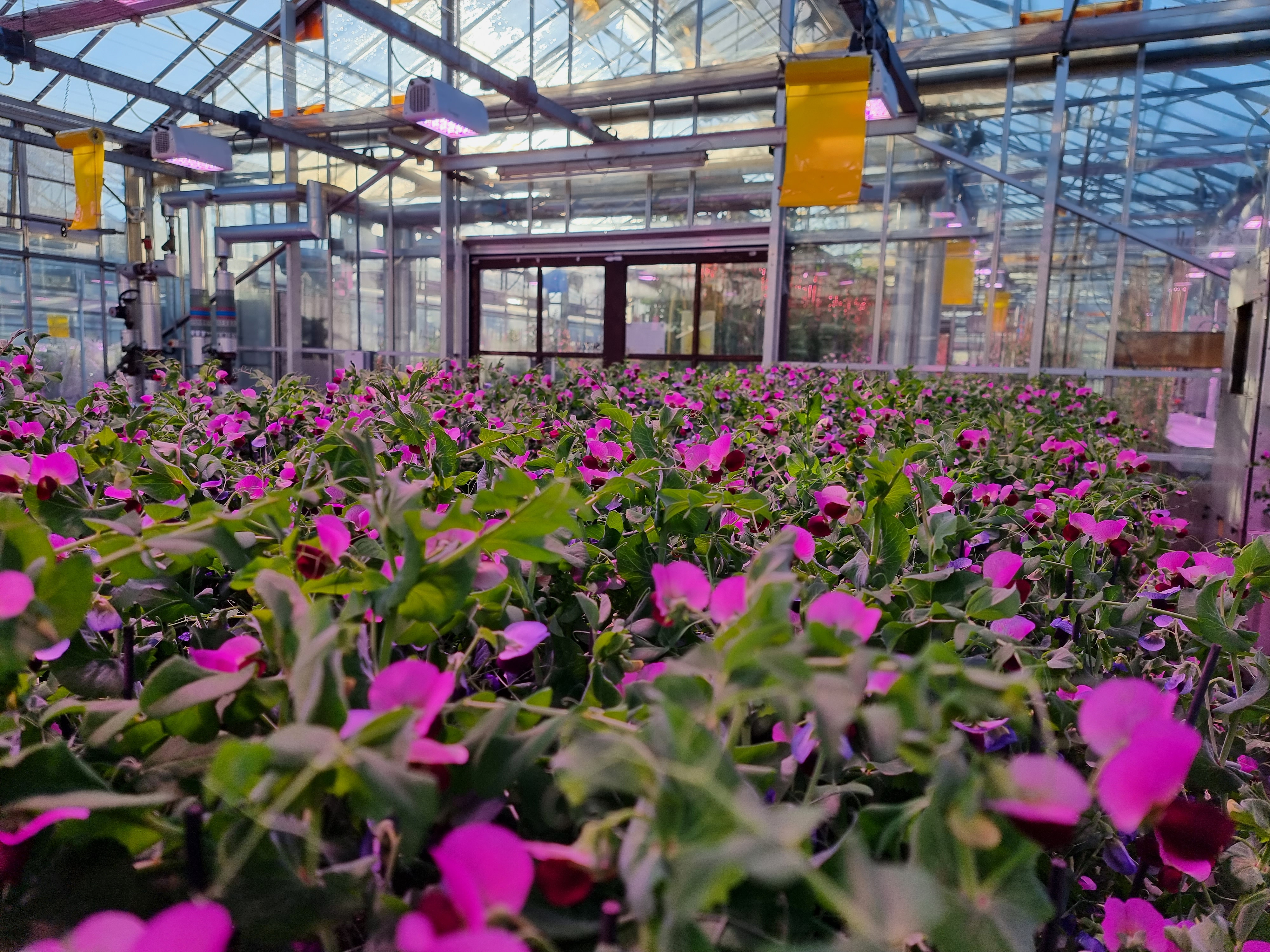A key facet of the EDESIA programme is to use the research rotations to move outside of your comfort zone.
One of my rotations centred on the evaluation of a class of seaweed cell wall metabolites known as fucoidans as a possible dietary intervention for sufferers of osteoarthritis (OA). Fucoidans are polysulfated polysaccharides which were found in this in vitro project to concentrate an endogenous inhibitor of cartilage breakdown (TIMP3) in the extracellular medium of a cartilage cell line. Furthermore, fucoidans were also found to be capable of binding directly to and inhibiting cartilage-degrading enzymes (matrix metalloproteinases, MMPs) in kinetic assays. I had not worked on human biology before, so this rotation gave me a newfound knowledge and appreciation of medical science, which now allows me to participate in diverse fields ranging from clinical research through to my original focus of plant science.
My full PhD project uses the knowledge of nutritional science and digestion that I accrued over another earlier rotation, working on wheat, to explore a possible link between the developmental biology of legumes and their potential health-promoting metabolites (e.g. resistant starch structures, amino acid profiles). While already widely appreciated for their high levels of fibre and plant protein, as well as several micronutrients, the staggering morphological diversity of cultivated pea remains untapped in the context of health. As the developmental processes that underlie pea fruit shape and maturation are hypothesised to affect photosynthesis and plant-to-seed resource allocation (and thus the nutritional profiles of the resultant food products) my project aims to search for the theoretical, health-promoting pod ‘ideotype’ in pea and other legumes. Ranging in experimental approach from pea genetics and molecular biology through to food biochemistry and models of digestibility, this transdisciplinary research topic will play a role in further establishing the intersection between agricultural and nutritional science as a widespread field of study.

)